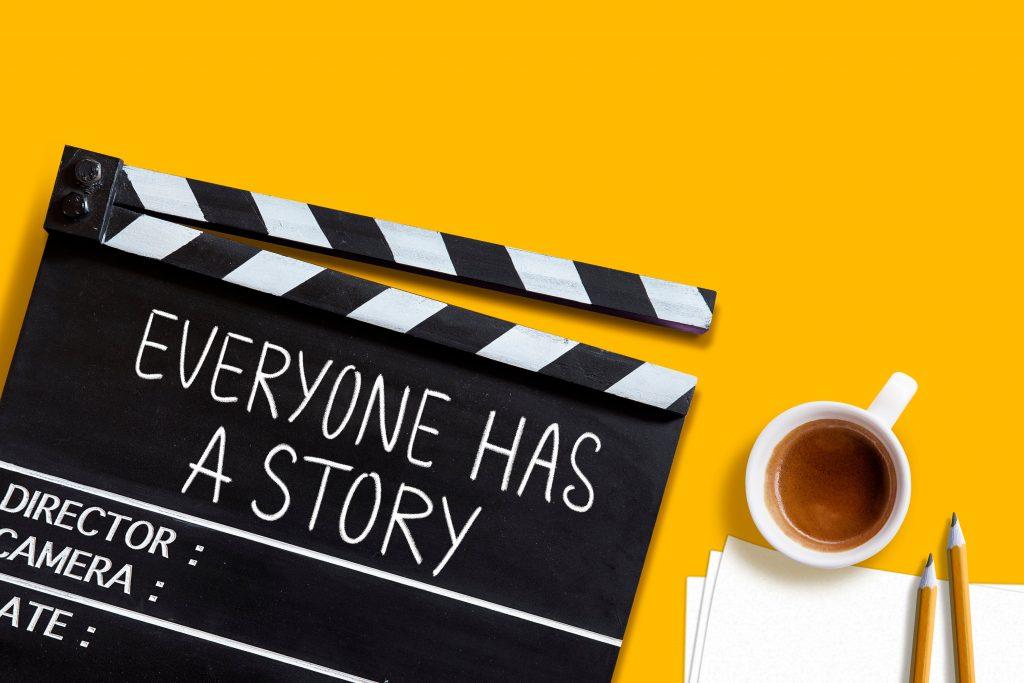These 5 Social Work best films and documentaries accurately portray the daily life of social work, including the ups and downs. Every so often, even silver screen titles allow a bit of truth to poke through the thick layer of embellishment known all too well by modern filmmakers.
Until recently, social work and all of its less-than-glamorous trappings were seen as far too “raw” to portray accurately on film. However, thanks to a swing towards realism and a few committed production teams, the past two or three decades have produced dozens of movies, a short film and documentaries that accurately portray social work in action.
Listed below are our top five picks for movies and documentaries that focus on social work.
- foster family
- a new life
- foster care
- child welfare
- sexual abuse
- mental illness
- social worker jobs
- mental health
- mass incarceration
- social justice
- social welfare
- first hand accounts of a life as a social worker
- life in a group home
The following selection covers a range of essential issues social workers face in communities across the nation. As well as issues that need increase awareness. We also prioritized these films at the top because most of them offer an earnest, glamour-free look at social workers’ daily challenges and stressors.
1. The Beginning of Life

Like many documentaries, The Beginning of Life follows a mix of researchers (in this case, neurologists and child psychology experts) as well as several participants out in the field. In exploring the bond between young children and the people around them, particularly their primary caregivers, this film emphasizes the importance of solid and stable relationships for kids.
The documentary film explores several dynamics related to child development, such as the importance of a nuclear family structure, changing perceptions of the fatherly role, the child’s ability to absorb and apply information through parental influence, and so on.
How does this movie contribute to the sociological perspective? It dramatically expands upon what we already understand about healthy development in many ways. First, it applies a well-established sociological construct, attachment theory, to the modern world. It informs the audience of the importance of simply being present as parents, actively listening to our children, and allowing them to explore within safe parameters.
On an individual level, this collection of insights and stories can transform a struggling relationship between caregiver and child into a flourishing one. On a societal level, it aims at the many foundational issues arising from improper development like delinquency, tough love, substance abuse, and dysfunctional relationships.
2. Precious

One of the most popularly acclaimed films surrounding social concepts to date, Precious even nudged its way past many of the typically outperforming action films released around the same time (2009). The film was widely lauded for its realistic and unapologetic portrayal of a severely dysfunctional family living in a New York City project.
The story follows Precious, a teenage girl living with her welfare-abusing mother and multiple children. Both her father – who has left the family – and mother have sexually and physically abused Precious, and her mother regularly do so. But, with the help of a social worker, Precious can find a haven with her newborn and begin pursuing her GED.
This film has particularly striking insights that pertain to the world of social work in new york. First and foremost, it’s important to note that Precious was initially hesitant to report her precious mother, despite the severe abuse she and her child were experiencing.
This represents a real life widespread problem social workers face in new york, whose job is to screen families for abuse and substance abuse. The film also offers an unfiltered look at the welfare system’s issues.
Precious’s mother is always worried about losing her eligibility and refuses to take steps that would otherwise help the family thrive. Also, Precious herself is seen stealing food because she and precious mothery are destitute. This film was honored at the academy awards.
3. Alive Inside
Winner of the 2014 Sundance Film Festival’s “Audience Award,” Alive Inside offers an exciting and salient solution to epidemic-level mental health issues. This documentary follows Dan Cohen, social worker and creator of Music & Memory. This organization uses music to enhance memory recall for people affected with Alzheimer’s, dementia, and other memory issues.
In the documentary film, Cohen and a small cast of neurologists and music experts showcase several cases from around the country in which severely affected patients show significant improvements after just a few minutes of listening to music. The effects are almost immediately apparent for viewers, and the asides from neurologists confirm what’s happening: even the severely degenerated brain can still associate memories with music.
This film offers an illuminating perspective into the world of the standardized patient – memory loss or not. It hints strongly at a need for reform in how this vast population is managed within the prescription-peddling healthcare system, in which social workers are intertwined. Most of all, it reminds us that those affected with Alzheimer’s and dementia can still hear, understand and remember and that they need to be treated with the same respect as those without the condition.
4. The Hand That Feeds

Virtually every major city in the United States, like San Francisco or new york, has been touched in some way or another by the issue presented in The Hand That Feeds. A film focused on the plight of undocumented migrant workers.
This movie follows a small kitchen crew working at a cafe in Upper East New York. Though the restaurant and staff seem well-maintained and personable on the surface, the workers struggle with sub-par wages, hazardous conditions, and blackmailing managers who fire them for little to no reason. Mahoma Lopez, a sandwich chef at the cafe, partners with the kitchen crew and several organizations to fight for a livable wage and better working conditions.
Regardless of one’s political affiliation, this film exposed some pressing concerns facing the more than eight million people working illegally in the United States. These workers often have the worst conditions. Furthermore, they are not protected by insurance or other benefits. Social workers have to be mindful of this extra set of limitations when navigating action plans with their clients.
5. Who Cares About Kelsey?

This documentary made our list because of how deeply it delves into a single person’s journey from a life of juvenile delinquency to a much more fulfilling one. The young woman, the film’s subject, Kelsey Carroll, has endured abuse, an alcoholic mother, and ADHD.
She was punished at school for selling drugs. Additionally, she engages in negative thought patterns throughout the film’s first half. Eventually, with the help of several positive influences within her family, friends, and school faculty, she abandoned many of her self-harming habits and started working on more productive ones.
This film is essentially a case study for social workers – it’s highly relevant to the field because of the pervasive issues that Kelsey goes through. Not only does it expose the types of problems that many social workers face daily, but it also highlights a solution. You get a personal tour of Kelsey’s support network as the viewer. You get more insights about her from people close to her, and you can watch her navigate her problems with the help of her support network.
Supporting accurate, realistic films such as these is an excellent way for those in the social work realm to learn more about the social forces that drive behavior while also spreading awareness about some of the world’s most prevalent problems. We selected these films because they capture an unattractive, unfiltered look at the actual human condition.
Related:


